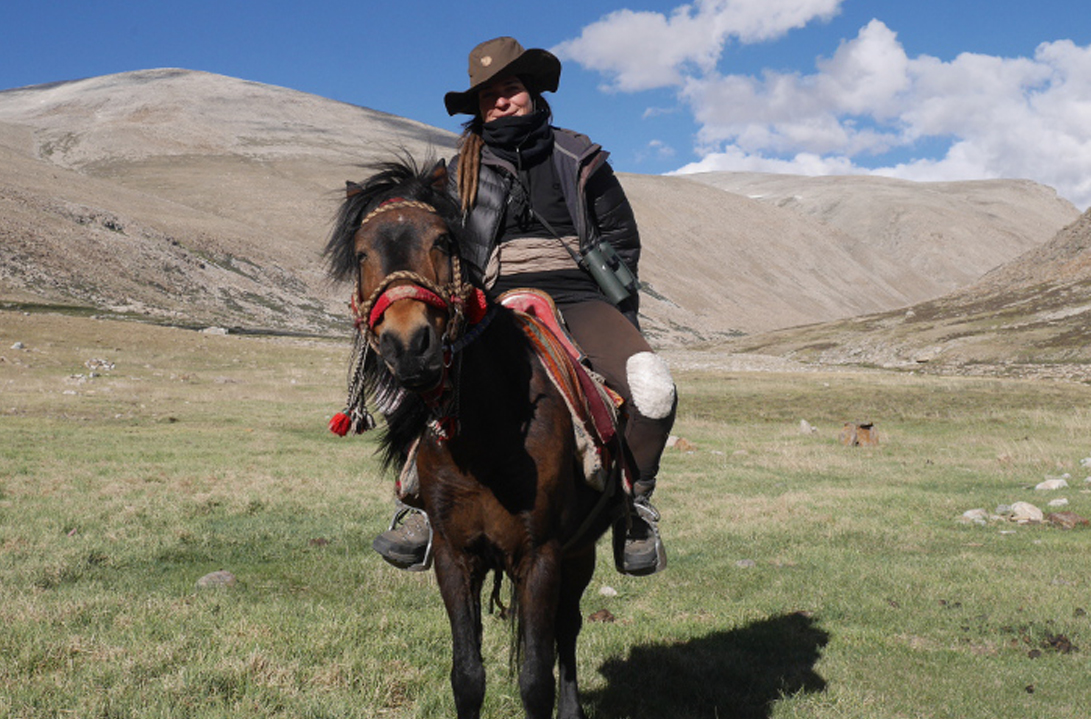Deputy Chair SSC IUCN Canid Specialist Group | Director Himalayan Wolves Project
PROFILE
My research focuses on the conservation and ecology of carnivores in the high-altitude ecosystems of the Himalayas and the Tibetan Plateau of Asia. My work is driven by the appreciation that maintaining healthy carnivore populations is interrelated with conserving the integrity of the ecosystems they inhabit.
I completed my doctorate studying the phylogeny and ecology of Himalayan wolves with WildCRU in early 2020. My thesis research has provided an ecological and phylogenetic data basis to inform the conservation of the Himalayan wolf and generated insights into canid evolution.
Previously, for my MSc at the ETH in Switzerland I studied how ungulates in a Tanzanian tallgrass savannah shape their grassland habitat to meet their nutritional requirements. I then gained carnivore research experience working for the lynx monitoring program in Switzerland, followed by tracking wolves in the Rocky Mountains for the wolf monitoring program by the state of Montana, USA.
Multiple research expeditions to remote Himalayan regions followed where I partnered with Nepalese scientists to study golden cats, clouded leopards, common leopards, snow leopards and wolves. I realized the lack of scientific research and conservation around wolves in this part of the world. Therefore, I started the Himalayan Wolves Project in 2014 which works towards generating the scientific data basis needed for the conservation of wolves, sympatric wildlife and their habitats in the high Himalayas. See this short video documentary on the work with the Himalayan wolves. In 2018 I was awarded the Future For Nature Award in recognition for my work.
In early 2020, I was appointed to serve as the Deputy Chair for the IUCN Canid Specialist Group, which is the international body of experts working for the conservation of wild canids around the world.
